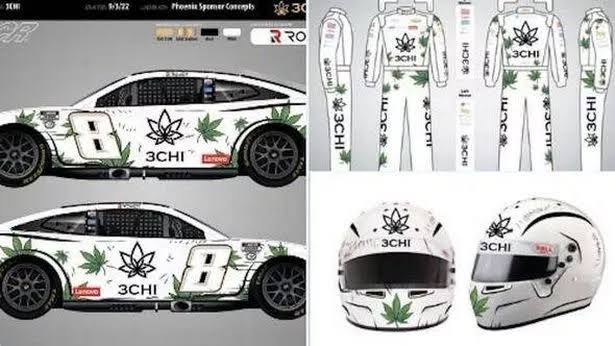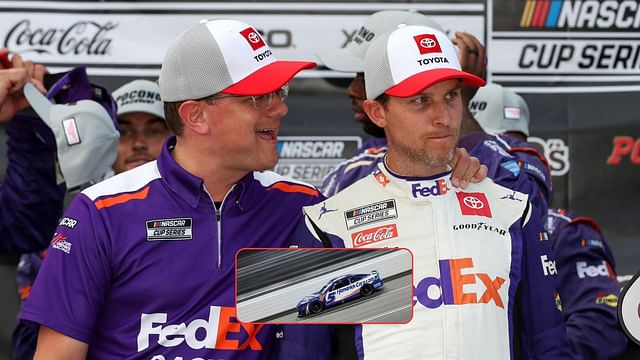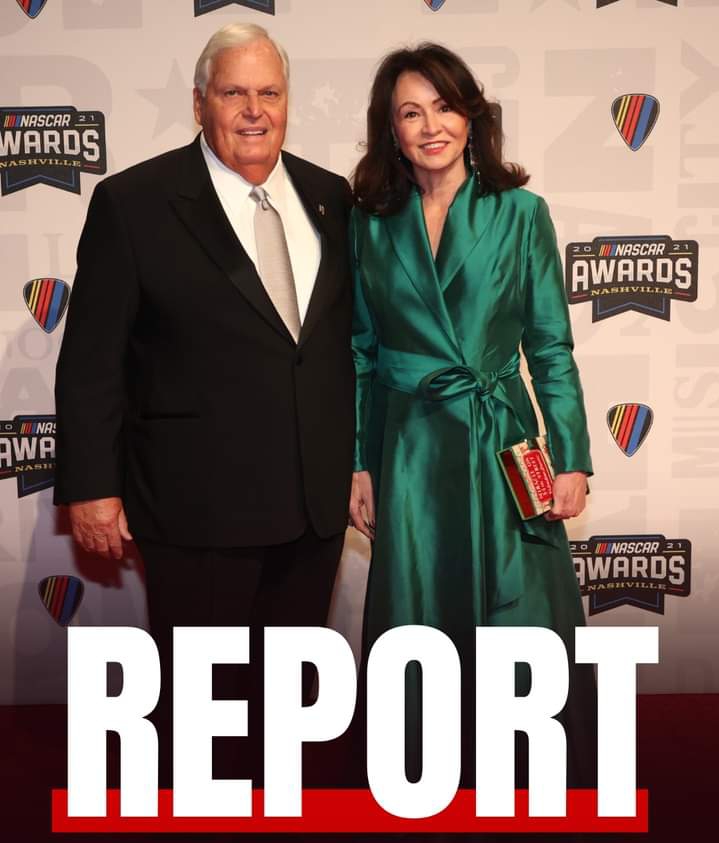
Kyle Busch, the accomplished driver of the No. 8 Chevrolet Camaro for Richard Childress Racing (RCR) in the NASCAR Cup Series, has garnered attention not only for his on-track prowess but also for his association with a distinctive primary sponsor: 3CHI. This partnership marks a significant milestone in NASCAR’s sponsorship landscape, as 3CHI specializes in hemp-derived cannabinoid products, including gummies, vapes, flowers, edibles, drinks, tinctures, concentrates, and terpenes. Additionally, 3CHI has introduced a cleverly branded merchandise line named “Kyle Kush,” playfully nodding to their collaboration with Busch.
NASCAR’s Approval Process for 3CHI Sponsorship
The alliance between 3CHI and RCR, initiated in 2022, was groundbreaking, positioning 3CHI as NASCAR’s first major team sponsor from the hemp industry. Before finalizing this partnership, NASCAR conducted a thorough approval process to ensure compliance with federal regulations, particularly the 2018 U.S. Farm Bill, which legalized products containing low levels of THC. This involved rigorous testing of 3CHI’s products through a NASCAR-approved laboratory to confirm adherence to the stipulated THC limits. Upon successful verification, 3CHI was authorized as a sponsor, subsequently featuring prominently on Busch’s No. 8 car in multiple races each season.
Controversy Over Rejected Paint Scheme
Despite the successful sponsorship, NASCAR maintains strict guidelines regarding the portrayal of marijuana-related imagery. In 2024, for the season finale at Phoenix Raceway, 3CHI proposed a bold new paint scheme for Busch’s car. The design prominently featured marijuana leaf motifs across the vehicle, as well as on the driver’s suit and helmet, aiming to make a striking visual statement. However, NASCAR rejected this design, citing its policies that prohibit marijuana-related graphics, even though hemp-derived products like those offered by 3CHI are federally legal.
3CHI’s Response and Future Outlook
In response to the rejection, 3CHI took to social media to share the proposed design with fans. On X (formerly Twitter), they posted:
“Kyle Busch’s Phoenix race car design is here! While it didn’t hit the track, we’re proud to share what we created. Bold, fast, and ready to take on anything—this is what could’ve been. What do you think?”
They further commented on NASCAR’s decision:
“As for NASCAR, it’s all about their current policies—marijuana-related designs don’t fit their approval standards yet. But we’re here to keep pushing boundaries and change the game! Maybe one day you’ll see a design like this on the track!”
This incident has sparked discussions among fans and industry stakeholders about the evolving perception of hemp and cannabis products in mainstream sports. While NASCAR has taken progressive steps by allowing a hemp-derived product company as a sponsor, the rejection of the marijuana-themed design highlights the ongoing challenges and sensitivities surrounding cannabis-related imagery in professional sports. As societal attitudes continue to shift, it remains to be seen how NASCAR and other sporting organizations will adapt their policies to reflect these changes.




